Ozempic. It’s the word on everyone’s lips, especially for those looking to lose weight and manage their blood glucose levels, which is imperative for those living with diabetes. Ozempic is a GLP-1 medication that hacks the body’s GLP-1 levels and triggers benefits that have made it so popular.
While Ozempic can only be prescribed by doctors and for specific medical conditions, other benefits of GLP-1 are available more naturally.
First, what is GLP-1?
An abbreviation of glucagon-like peptide-1, GLP-1 is a naturally produced hormone in the body that lowers blood sugar levels by encouraging the secretion of insulin and slowing the release of glucagon, a hormone that increases blood sugar levels.
Benefits of GLP-1
As mentioned, the main benefit of GLP-1 is its ability to help encourage weight loss and manage type 2 diabetes.
With obesity being a major cause of disability, morbidity, and even premature death, individuals must manage their weight, and improve their health. Thanks to its ability to delay stomach emptying, GLP-1 helps to reduce appetite, food intake, and hunger, all of which increase satiety.
11 Natural Ways to Increase GLP-1 Levels
If you’re hoping to find natural ways to increase your body’s own production of GLP-1, this can be done by eating certain foods and adopting certain lifestyle habits.
1. Fermentable fibers
Once consumed, fermentable fibers, which are high in soluble fiber, are broken down into short-chain fatty acids by gut bacteria.
According to studies, these short-chain fatty acids encourage the release of GLP-1.
Fermentable fibers can easily be featured in your diet as they are found in an array of fruits, vegetables and whole grains, including apples, asparagus, barley, berries, cabbage, flaxseed, lentils, oats, onions, and root vegetables like sweet potato and turnips.
In fact, here’s a delicious and easy sweet potato recipe to try.
2. Eggs
A popular breakfast ingredient, eggs are rich in both proteins, which can help encourage raised levels of GLP-1.
Per a 2020 study, egg white contains a protein that’s being identified as a potent GLP-1 release peptide.
Get your dose of protein and promote GLP-1 level secretion with this puffy omelet and stir-fry recipe.
3. Nuts
Nuts not only contain fiber, but they’re also rich in protein and healthy fats, all of which may stimulate the release of GLP-1, at least according to a 2023 study.
Aside from being an enjoyable snack, nuts can also work as perfect ingredients for delicious meals, like in this tasty Gourmet Butternut Panzerotti, Blue Cheese and Walnuts recipe.
4. Curcumin
Found in turmeric and responsible for the spice’s incredible benefits, curcumin has been found to increase GLP-1 release in animal studies.
5. Probiotics
Aside from supporting gut health, probiotics may also increase GLP-1 levels.
Found in yogurt, sauerkraut, kimchi, tempeh, and miso, a 2023 study found that probiotics were potentially effective in controlling T2D by increasing GLP-1 levels and reducing oxidative stress.
6. Psyllium
A great source of soluble fiber, research has found that psyllium can help boost GLP-1 levels, and may even be considered a potential treatment option for those living with diabetes.
7. Berberine
An ancient plant compound that’s been coined as “nature’s Ozempic” due to its ability to encourage weight loss, berberine was found to increase GLP-1 secretion in diabetic rats.
8. Resveratrol
Found in grapes, berries, and red wine, resveratrol is a popular antioxidant that gets a lot of attention in the wellness industry.
According to a previously mentioned study, alongside probiotics, resveratrol appeared to be effective in controlling T2D by increasing GLP-1 levels and reducing oxidative stress.
9. Regular exercise
One study suggested that obesity may impair GLP-1 secretions from the gut, suggesting that staying active may help combat this.
The good news is that you don’t have to train like a gladiator to manage your weight. Something as simple as a 30-minute walk or dance session can reduce that number on the scale.
10. Manage stress
During a stressful moment, the body releases the stress hormone cortisol, which inhibits insulin release and reduces GLP-1 production.
With that, it’s advisable to find ways to manage your stress levels, especially because stress is not something that can be avoided.
Mediation, journaling, gardening, yoga, mindfulness, and a café date with a confidante are great ways to manage and reduce stress.
11. Get enough sleep
Are you getting enough sleep? If not, you may be risking GLP-1 production.
A 2022 study published in Frontiers in Endocrinology referenced research that cited that sleep deprivation may have impacted GLP-1 secretion. In addition to the fact that sleep deprivation may also affect insulin sensitivity and increase weight gain, it’s imperative that you get the recommended 7–8 hours of sleep per day.
To achieve this, why don’t you try essential oils or sleeping on the floor?
End note
The aforementioned natural remedies are not a replacement for GLP1- based medications such as Ozempic. We think it is important to kow how GLP-1 contributes to our overall health and longevity.
This article is not a substitution for your practitioner’s support or advice. Please seek medical expertize before you embark on any new health regime.



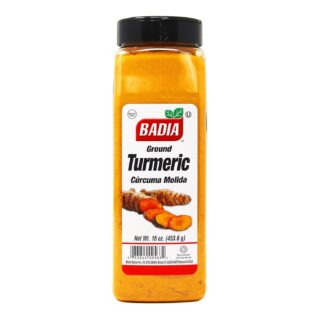
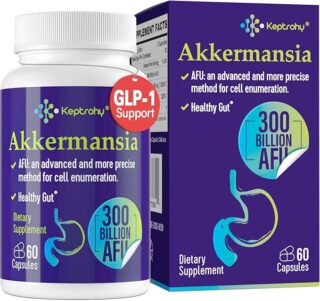
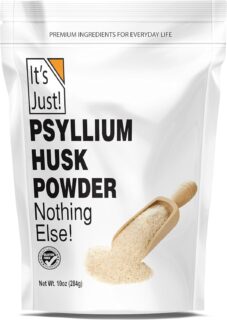
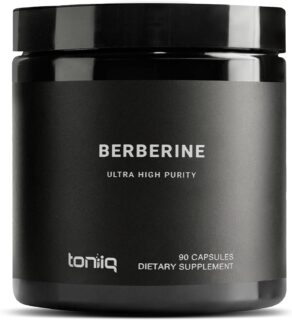
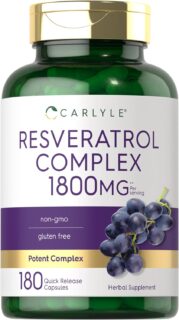
![women [longevity live]](https://longevitylive.com/wp-content/uploads/2020/01/photo-of-women-walking-down-the-street-1116984-100x100.jpg)










